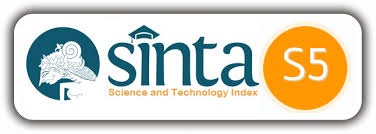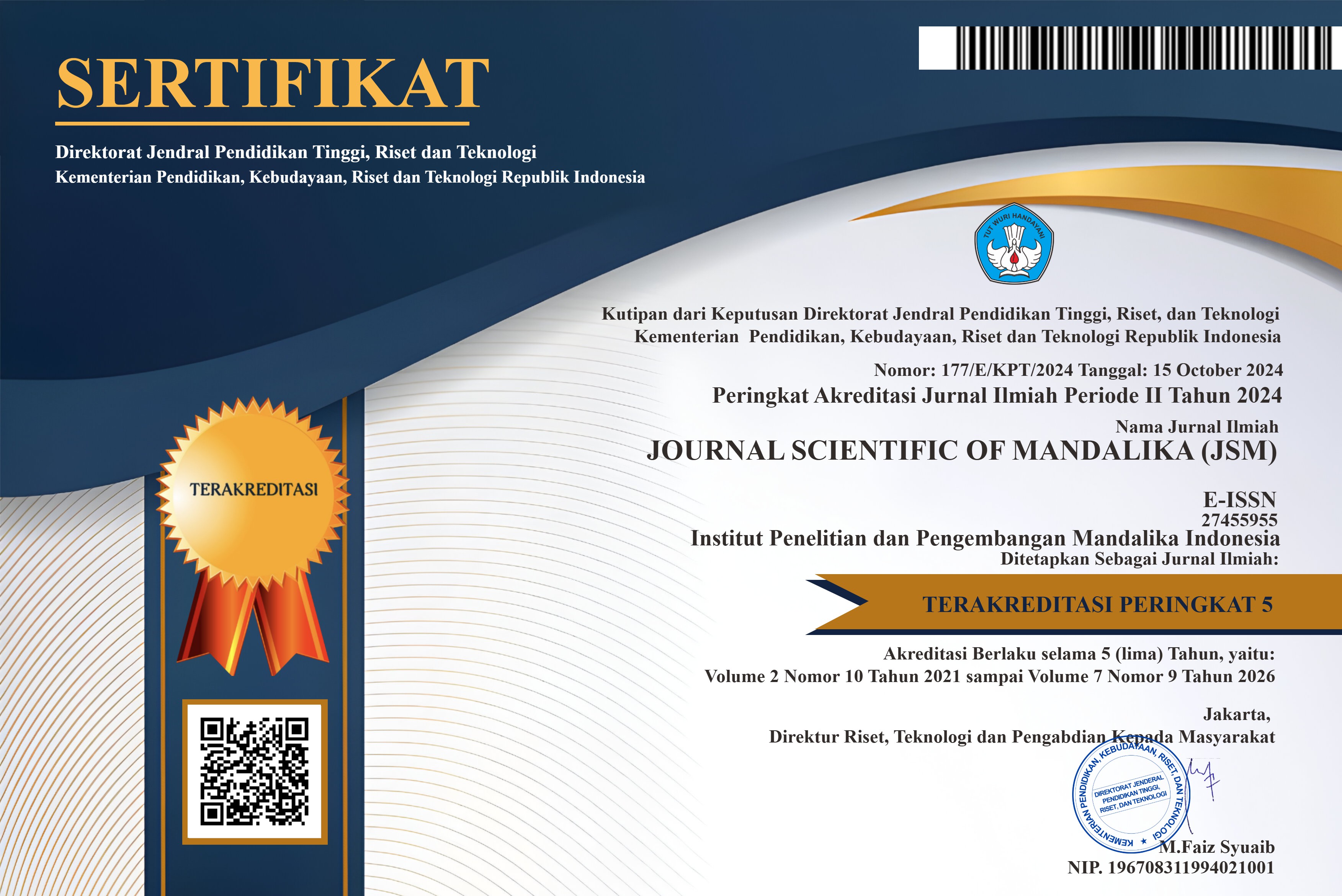Analisis Struktur Bilangan Matematika dalam Al-Qur’an
Abstract
The Qur'an is the greatest miracle, studying the Qur'an is like studying the universe, it will never end. One of the sciences contained in the Qur'an is mathematics. The structure of numbers is a science of mathematics, in which there are various kinds of numbers, relations and arithmetic operations. The purpose of this study is to find out the verses of the Qur'an that are related to mathematics, especially numbers, arithmetic operations and number relations. This study uses the literature method or literature study. In this study what will be examined is document material, namely the verses of the Qur'an which contain the structure of mathematical numbers. There are 234 different verses in the 65 letters mentioned in the Qur'an, especially rational numbers and natural numbers with division based on the origin of each number such as ahad = 1, itsnaini = 2, and so on. It is hoped that this research can provide scientific insight that the Qur'an covers all sciences, one of which is related to mathematics, so that mathematics itself has been used so widely both in matters of worship and muamalah. Mathematical problems in the Qur'an that are most closely related are problemsFaraidh(distribution of inheritance), determining the time of night prayer and determining the price of the dowry that must be given to the wife when divorced. The benefits in education are forming Islamic character education through learning mathematics, including honesty, patience, accuracy, and thoroughness.
Copyright (c) 2025 Reza Oktiana Akbar, Ninik Nursa’idah Sutarna, Indah Nursuprianah

This work is licensed under a Creative Commons Attribution-ShareAlike 4.0 International License.













